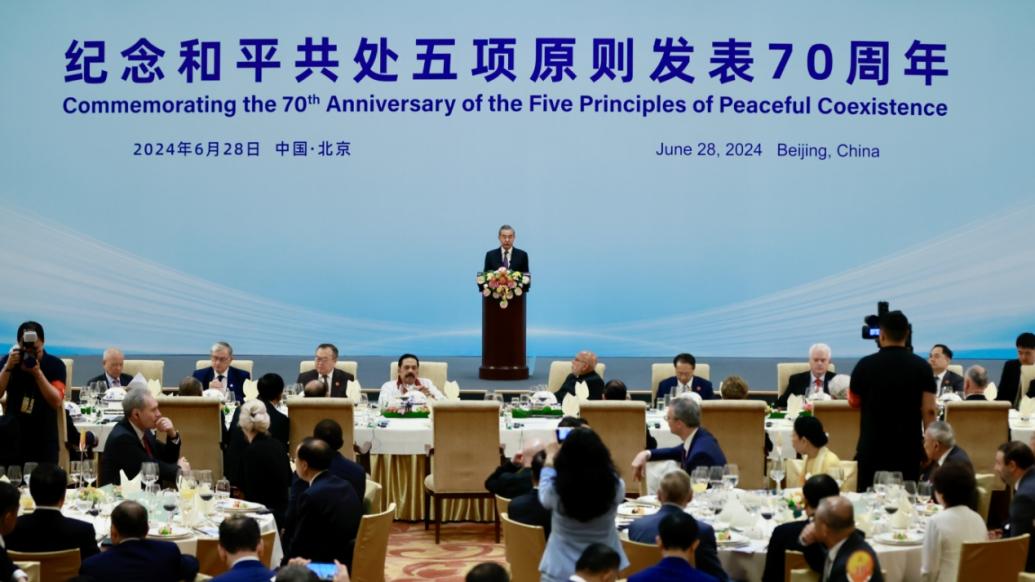
By Henry Hing Lee Chan
The Longmay Gaffe: Communications Lapse or Governance Gap?
China’s annual lianghui — the plenary meetings of the country’s top legislative and consultative bodies, the National People’s Congress (NPC) and the Chinese People’s Political Consultative Conference (CPPCC) — is one of the most important events to observe China’s political, economic and social trends. A recent incident with Heilongjiang’s Longmay Mining Holding Group has put the province in the spotlight at the lianghui.
Longmay is the largest state owned coal company in Heilongjiang, producing close to 50 million tonnes of coal a year. It employs 240,000 workers and supports a retiree population of 180,000. The collapse of coal prices in recent years has taken a heavy toll on the company. After reporting RMB 800 million in profits in 2011, the company went all the way downhill and post a loss of RMB 5 billion in 2014.
Poor productivity is the main reason behind Longmay’s problems. Its average productivity of 250 tonnes is less than half of the national average and just 10 percent of the leading Shenhua Group. Shenhua employs 214,000 workers and produces almost 10 times more coal. There is an ongoing plan to sell non-core businesses to pay off debts as well as laying off 100,000 workers.
In the Heilongjiang NPC press open day on March 6, Governor Lu Hao told the visiting journalists that “there are 80,000 miners working underground at Longmay. Not a single month of salary was unpaid, not a single penny.” National Development and Reform Commission chairman, Xu Shaoshi, used the successful reorganization of Longmay in his press conference on the same day to assure the audience that the government can handle the layoff problems from the planned industry reorganization. On the next day, Chinese President Xi Jinping attended the Heilongjiang NPC meeting to hear about Longmay’s reorganization.
Unfortunately, the governor was misled by his subordinates on Longmay’s reorganization. The workers had only been paid a nominal subsistence allowance in the last few months and his statement provoked the beleaguered miners. Thousands marched in the city of Shuangyashan on the days following March 6, chanting: “Workers need food.”
On March 12, Governor Lu acknowledged that wages were in arrears for Longmay’s workers and attributed the gaffe to Longmay’s management’s withholding of information. He vowed to “severely punish” anyone who does so in the future. The governor called for a meeting of provincial officials and declared that the provincial government will work with Longmay to raise money and make every effort to pay the workers on time.
The gaffe was discussed in the Chinese web and the netizens coined the phrase “information gate” to describe the communication lapse between the governor and his subordinates. However, Chinese Academy of Governance’s Public Administration Professor Zhu Lijia used the incident to highlight the possibility of a governance gap rather than a communications lapse. He pointed out that many lower level cadres often report massaged or falsified data to ingratiate themselves with their superiors, while the superiors would also prefer to receive good news rather than knowing the real situation on the ground. He cautioned that this governance gap could cause unwarranted serious social problems in the coming retrenchment.
In whatever case, this incident highlights the challenges ahead for the Chinese government in the forthcoming economic restructuring exercise. Communication is important to defuse the anger and disappointment of the laid off workers. Whether a communications lapse or a governance gap is the issue, it should be addressed properly.
























Leave a Reply
Your email address will not be published. Required fields are marked *